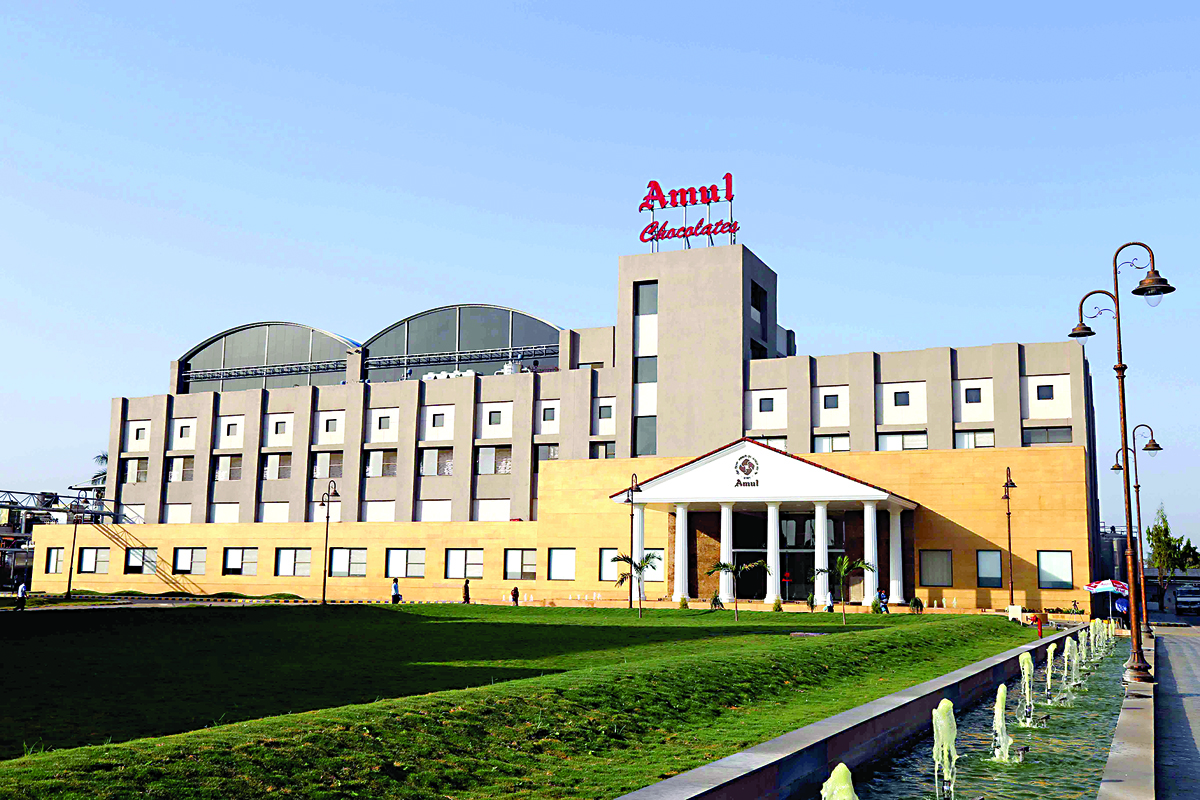May 2021 brought to the limelight a debate that has been simmering in classrooms and social media for some time. The organisation, People for the Ethical Treatment of Animals (PETA), sent a letter to Anand Milk Union Limited (Amul) advocating a switch to vegan milk. Amul, on its part, issued a public interest advertisement stating that plant-based beverages are costly and do not have the same health benefits as cow’s milk.
If Amul’s claim that plant-based milk is “mostly fortified with artificial vitamins, synthetic colours & flavours” is true, then it is a matter of some concern. However, we do need to take a step back and focus on the larger issue at hand.
Advertisement
A friend proposed to spend a Sunday at a temple to bathe and revere the cow, followed by receiving the holy animal’s blessing by consuming the milk. Another friend took complete offence to the very idea of doing something like this. The milk of the cow, as should be the case for all other animal species, belonged only to its young.
The discussion that followed is an apt summary of the vegan debate in the Indian context. Both sides are speaking in favour of the cow, one from a religious perspective and the other from an ethical perspective. In the Hindu religion, the cow is a sacred animal akin to a mother.
The vegan argument holds ground because the dairy “industry” in the West, where this concept originates, has treated cows inhumanely since the dawn of the industrial revolution. There is much evidence to highlight the extremely poor conditions in which cows are kept for milking in developed nations. The cow is seen as a milk-producing machine rather than a living, breathing organism.
Cows in India are considered holy for many reasons. However, the importance of cows in rural India goes beyond religion. The health of a cow in an Indian agricultural household is linked with economic prosperity. Cow urine has been traditionally used as a disinfectant, antiseptic and purifier. The cow provides milk and manure, all essential for maintaining sustainable livelihoods in rural India.
Amul claims a long history of farmers in India keeping their cows with love and respect, often giving them names, and treating them as members of the family. This is certainly guided by the religious and cultural association of the cow as a sacred mother figure. For this reason, consuming cow milk is culturally more accepted as compared to consuming the milk of any other animal.
Cow milk is known to be a good source of nourishment. It is rich in protein, calcium, magnesium, vitamin B12 and iodine. This makes it a good source of nutrients for those who can afford it. Others must settle for receiving these benefits from animals other than cows like Gandhi’s poor man’s cow, the goat.
In 1912, Gandhi took a vow to not consume milk ever again. It is believed that this vow was taken after Gandhi came to know about the cruel act of “phooka” – a process of introducing air or a substance into the female organ of a milch animal for inducing the secretion of milk. However, in later years, Gandhi’s health deteriorated, and he began consuming goat’s milk. In his autobiography, Gandhi justifies this decision stating that “the will to live proved stronger than the devotion to truth.” In recent times, the practice of “phooka” is prohibited in India along with any similar practice such as giving hormonal injections to induce the secretion of milk.
Cow milk is an integral part of the Indian diet and its consumption is a symbol of keeping good health. It is only in recent times that research to the contrary, or at least exploring how necessary it is to drink cow milk for good health, is being undertaken. Promoting the cow as sacred has certainly helped to sustain the ethical treatment of cows in India.
Ancient wisdom, however, is being superseded by western learning. The relationship of the farmer with the cow is being altered. This is threatening the special place of the Indian cow. Cows of Western origin produce A1 beta-casein milk while cows of Indian origin produce A2 beta-casein milk. A1 milk is considered unhealthy and addictive by some researchers while A2 milk is believed to be healthier and safer.
Consuming cow milk is part of Indian culture. Amul need not worry. PETA, on the other hand, is right about the rising global interest in vegan products because of increasing awareness of the dairy industry’s inhumane practices. Amul and other interested parties should work with farmers and dairy research institutes to revive the traditional methods of nurturing cows.
The writers are, respectively, Associate Professor and Dean at Jindal School of Environment & Sustainability, O.P. Jindal Global University, Haryana, India.









